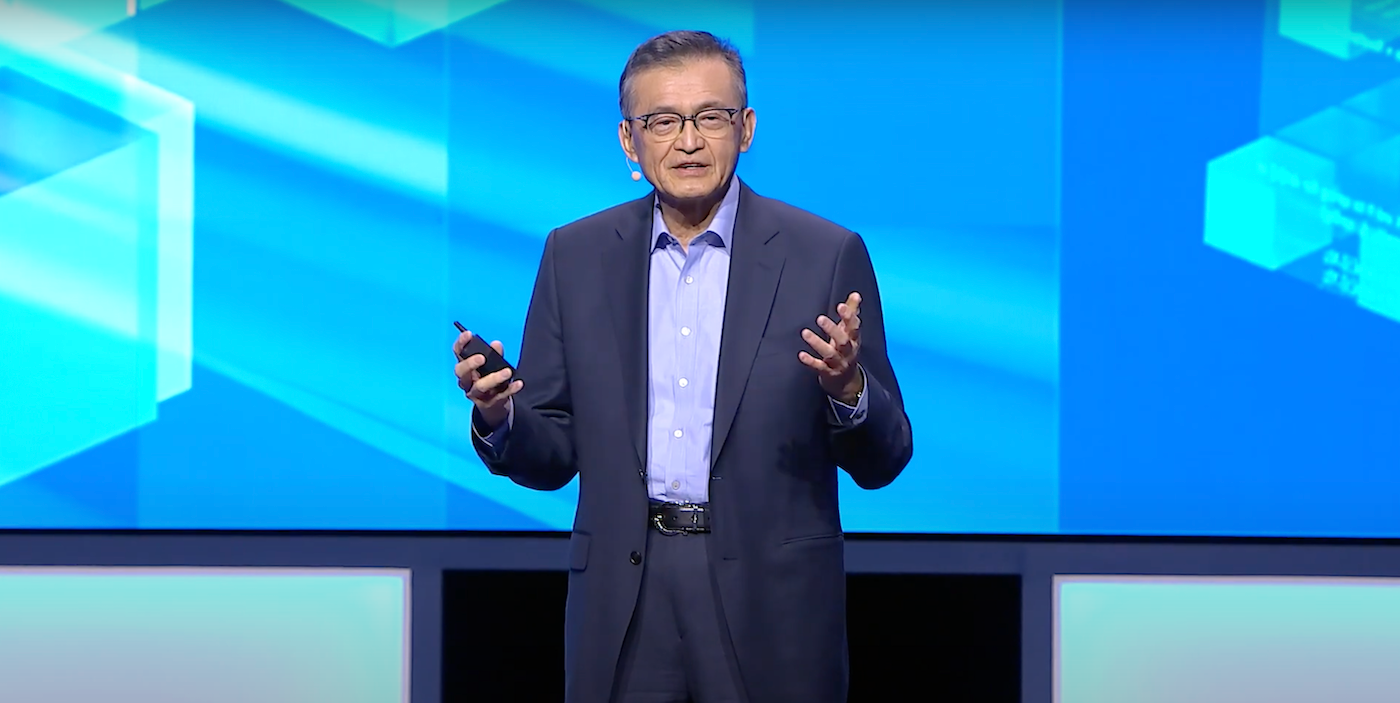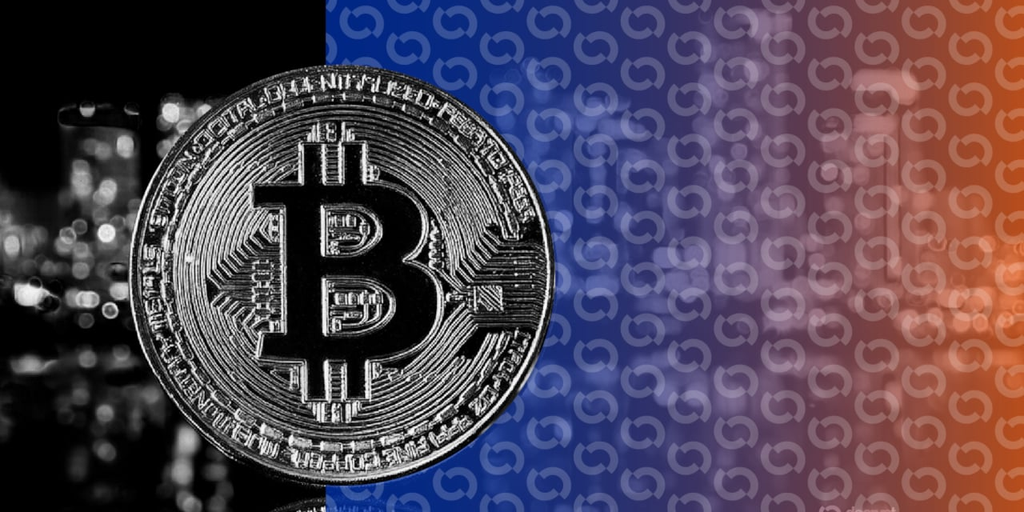Tan Tries to Turn Intel Around as Other Semiconductor Companies Pull Ahead in the AI Boom
Intel will spin off assets that aren’t part of its core mission, according to Bloomberg. Intel CEO Lip-Bu Tan, who became CEO in mid-March after Pat Gelsinger took a heavily encouraged suggestion to retire, made the announcement on March 31 at the Intel Vision conference. Tan did not define the core business or which parts of the business would be affected.
Intel will try to expand its core business using AI and Software 2.0, Tan said. Software 2.0 is a term about the way generative AI allows for coding without writing individual lines of code; instead, the technique, named by computer vision scientist Andrej Karpathy, uses natural language and an AI model. Software 2.0 has some similarities to “vibe coding,” although Software 2.0 encompasses more possible uses for generative AI.
Background
Despite the AI boom, Intel was not lifted on the wave of demand for chips. Gelsinger’s departure and the state of the company under his last few years of leadership left the future uncertain for Intel. Some considered breaking up the company, according to Bloomberg.
Intel rival Taiwan Semiconductor Manufacturing Company (TSMC) was in the running as a potential buyer, as was Broadcom. Splitting its interests between manufacturing or designing chips may have allowed other companies, like TSMC, to pull well ahead. NVIDIA also outweighs Intel in the fight to benefit from the AI boom.
SEE: Arm Shocked the Semiconductor Industry by Announcing It May Sell Its Own Chips
Tan’s Leadership
Tan’s leadership must involve some effort to regain Intel’s footing. His motto is “under-promise and over-deliver,” Tan said.
He also said he would focus on recruiting quality engineering talent and boosting Intel’s chip foundry work. One of the few specifics Bloomberg noted from Tan was Intel may begin to launch a custom semiconductor service for customers.
Tan previously served on Intel’s board of directors. He was CEO of Cadence Design Systems, where he negotiated design solutions and IP with Intel.
Factory-Building on Hold
Intel had planned to build two advanced semiconductor plants in Ohio. Those plans were delayed in late March due to misalignment with “the needs of our business and broader market demand,” said Intel Foundry Manufacturing executive vice president, chief global operations officer and general manager Naga Chandrasekaran.
Conclusion
In conclusion, Intel’s efforts to turn around its struggling business, led by CEO Lip-Bu Tan, aim to refocus on its core mission and expand its business using AI and Software 2.0. The company’s plans to spin off non-core assets and its focus on recruiting quality engineering talent and boosting its chip foundry work may help it regain its footing in the competitive AI boom.
FAQs
Q: What is Software 2.0?
A: Software 2.0 is a term about the way generative AI allows for coding without writing individual lines of code; instead, the technique uses natural language and an AI model.
Q: Who is CEO Lip-Bu Tan?
A: CEO Lip-Bu Tan became CEO of Intel in mid-March after Pat Gelsinger took a heavily encouraged suggestion to retire.
Q: What are Intel’s plans for its factory-building?
A: Intel had planned to build two advanced semiconductor plants in Ohio, but those plans were delayed due to misalignment with “the needs of our business and broader market demand.”
Q: What is Intel’s core mission?
A: Intel’s core mission is not specified, but the company plans to spin off non-core assets and focus on its core business.
Q: What is the AI boom?
A: The AI boom refers to the growing demand for artificial intelligence and the related technologies that drive its development and use.
Q: What is TSMC?
A: TSMC stands for Taiwan Semiconductor Manufacturing Company, a rival of Intel in the semiconductor industry.








